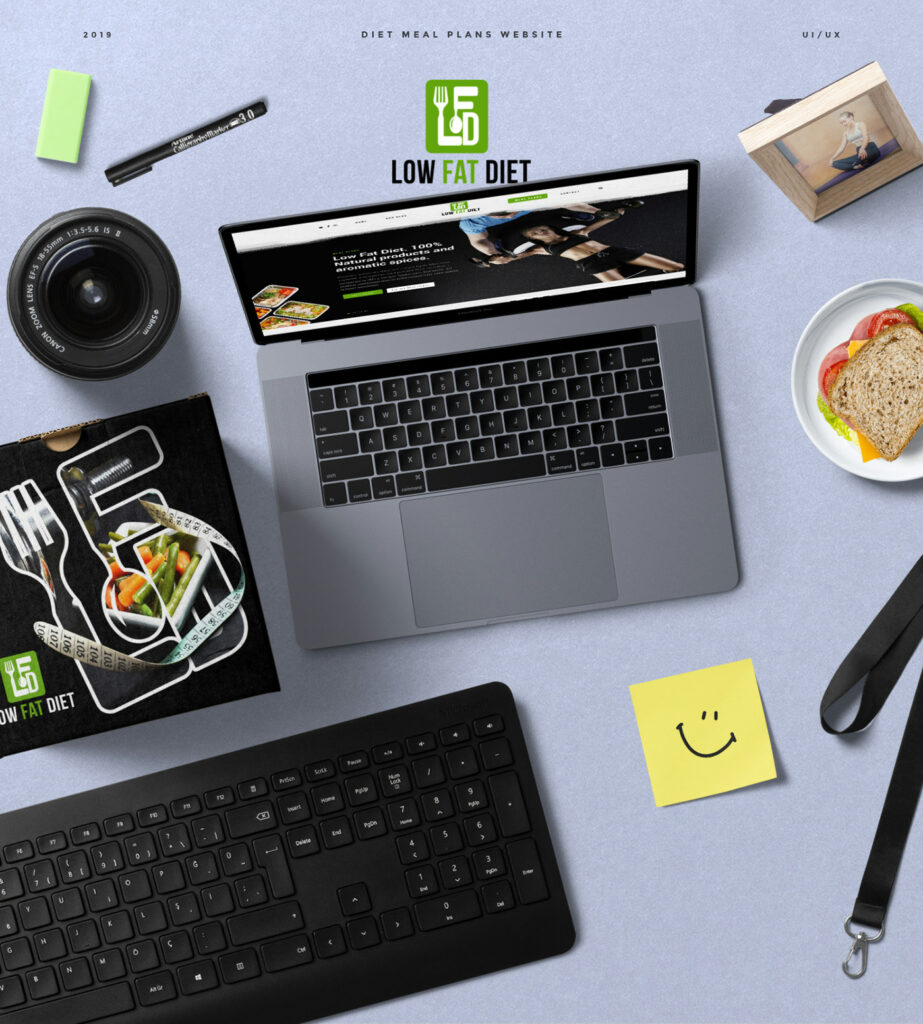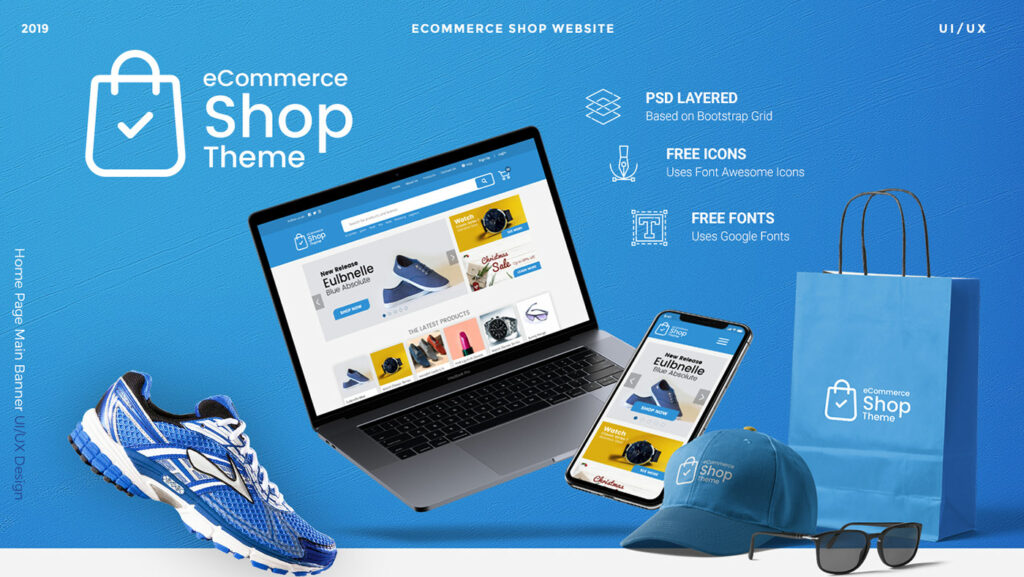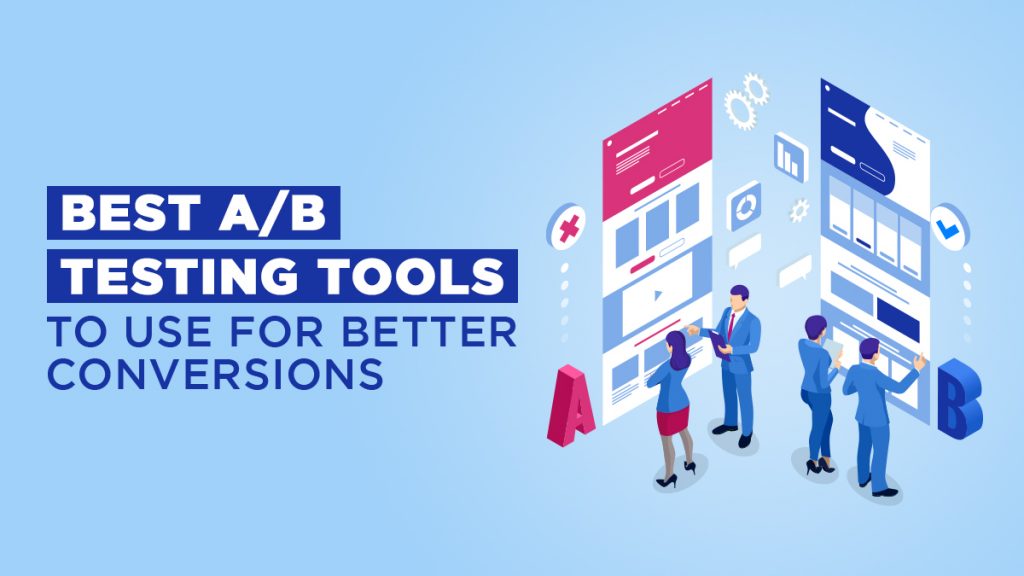
eCommerce Web Designs & How They Convert Visitors
eCommerce website designs are critical for converting web visitors into customers. Key elements, such as navigation and branding, can guide users along the customer journey. Furthermore, professional eCommerce website design services can craft appealing and responsive designs that prioritize shoppers’ user experience.
An experienced eCommerce web design agency can create attractive and functional online stores that have the power to persuade visitors to make purchases. But bright colors and clear product photos aren’t enough to satisfy online shoppers’ needs.
So, in addition to gaining organic traffic, your eCommerce site must maximize visitor conversions. According to UI/UX Design Statistics of 2023, a study found that an attractive user interface (UI) can raise conversion rates by 200%. It also found that improved user experience (UX) design raises your rates by 400%.
What Do You Need in eCommerce Web Design?
Several key eCommerce website design elements are essential for converting visitors into loyal shoppers. These include the following:
- A straightforward and user-friendly navigation system
- Enticing product presentation (ex., high-quality images and detailed descriptions)
- Mobile-responsiveness
- Customer trust signals (ex., Secure online payment gateways and customer testimonials)
- A streamlined checkout process
- Personalization
eCommerce web design services incorporate these elements into your site to convert users into loyal customers more effectively.
An eCommerce website design agency can utilize many more Web Design Strategies to boost conversion rates. In addition, it can properly incorporate user interface (UI) into the design for greater conversions and sales.
Tips for Improving Your Online Store’s UI Design
Firstly, consider if there’s a certain style already tied to your business, brand, or industry. Are there any expected additions to your eCommerce website design from customers’ recommendations?
Of course, you can browse the Internet for design inspiration. By doing so, you might notice an ongoing trend you want to incorporate into your layout. But at the same time, this is about your potential customers, too.
Here are a few user interface-related tips to help you tailor your website to their liking:
#1: Conduct a Personality Check
Targeting your intended demographic can ensure you have an easier time converting the right people. One common Conversion Rate Optimization mistake is not defining your target audience.
While you can’t please every audience segment, you can convert more site visitors into customers by getting a feel for what they enjoy.
However, this strategy doesn’t mean asking all your visitors one by one about their preferences. Instead, you can identify your target audience and discover what they want to see from your online store!

It’s vital to make a customer profile and get a hold of their taste in design. So, it would be ideal to ask yourself: what kind of people would most likely be interested in your products or services?
Next, when it comes to branding, your business’ color palette should speak for itself. Consider studying fundamental color theories and select shades that best fit your company.
#2: Utilize the Ideal Website Design Elements on Your eCommerce Pages
According to 10 Website Stats You Should Know, 75% of people judge an organization’s credibility based on its site design. An experienced eCommerce web design agency will add fitting visuals, such as images and branding elements, to your online shop.
Naturally, you need to include high-quality photos or videos unique to you and your brand. The need for clear product visuals is even more pronounced since your eCommerce shop needs to show off its goods.
Additionally, visuals significantly impact branding and design. It’s crucial to keep memorable branding elements present on your eCommerce web pages.
Similarly, different fonts and font families portray distinct moods, whether they’re weighty, elegant, or curvy and playful. However, it’s vital to choose fonts for your eCommerce web design wisely. For instance, a more professional audience might feel disconnected from your company if they feel your design is too childish or informal.
It’s vital to remember your target audience when researching the ideal design elements for your eCommerce site. As a result, you can ensure that the visuals are cohesive and are in line with their interests.
#3: Maintain the Information Balance
In addition to eCommerce website design elements, the amount of information on your pages says a lot about your business. For instance, most items or services display the price and a few bullet points of their basic features. However, others may call for a more detailed product description involving a paragraph or two of text.
You can address additional questions later via a Frequently Asked Questions section. Fortunately, eCommerce website design services can set up a contact form for that particular purpose. It’s recommended to place forms somewhere between your content with touches of white space wherever necessary for convenience.
However, it’s also vital to showcase your brand credibility without spamming visitors. You can dedicate a section of your eCommerce site to social proof and add content such as user testimonials, product reviews, and ratings.
Regardless of industry, when you have a content pool, you shouldn’t fill your site with more information than necessary. After all, you want to avoid overwhelming your site’s visitors.
Check Out Our Content Writing Services Here!
#4: Keep Website Navigation Straightforward
If your users find your eCommerce site difficult to navigate, you’ll lose out on conversions. Navigation encompasses all the website UI elements that users interact with to reach particular pages or destinations, including:
- The navigation bar or menu;
- eCommerce product pages;
- Sitewide search;
- Search filters;
- Website footers, etc.

In addition to having an attractive design, your eCommerce website must have a straightforward layout. Otherwise, you risk people clicking away from your site immediately after loading a single page. An appealing and clear website layout is instrumental in decreasing your bounce rate.
Additionally, consider how many clicks it takes for a visitor to purchase from your online store. Here are a few tips to ensure your visitors can interact with your site and reach their intended destinations:
- Ensure that the navigation bar or menu is visible.
- Avoid adding too many options or buttons.
- Clearly define each button’s purpose.
- Ensure that click-throughs function seamlessly.
- Examine how navigation works on mobile devices.
Hire QA Testers to Examine Your eCommerce store!
A professional eCommerce web design agency can make your site user-friendly and easy to navigate.
#5: Keep Your eCommerce Web Design Consistent
Once you’ve decided on a primary color palette and a set of fonts, make sure to stick to them. Maintaining consistency across your web pages can help with visitor brand recognition. That way, they get a sense of comfort and familiarity the next time they visit.
In addition, it helps to follow a familiar layout or theme across most web pages. For instance, a typical eCommerce site has the following features:
- A logo on the top-left corner that redirects to the homepage;
- A header or menu in the top-middle, and
- Lastly, a search bar in the top-right corner.
Think of these as an unspoken rule of Web Design Best Practices. A professional eCommerce web design agency can use these key elements to make things more convenient for shoppers.

#6: Incorporate Analytics Into Your Decision-Making Process
Consider using Google Analytics to find out more about website visitor behavior. You can even collect user feedback and tailor your eCommerce web design to your target demographics.
To improve conversion rates, eCommerce store owners can make data-driven decisions when creating website designs. You must learn how the visitor experience affects your conversions and get information on the following aspects:
- On what page do most of your visitors land?
- Where do people spend their most time on your web pages?
- On average, how long do users spend on your website?
- At what point do people bounce away from your site?
- How do users find your eCommerce website’s usability?
You can use visitor tracking software to learn what your analytics say about your traffic! In addition, consider checking a heat map to see what page elements your users favor. Lastly, you may test your website conversions with A/B testing and then make changes based on the results.
What Makes a Great eCommerce Web Design?
A great eCommerce design is critical for guiding users through the customer journey. It builds customer trust and encourages conversions through the following elements:
- Professional design elements, including clear branding
- Engaging product presentations via images or videos
- Straightforward and intuitive navigation
- Attractive and consistent eCommerce website design
With the help of trustworthy eCommerce website design services, these elements can create an engaging and seamless user experience. As a result, an attractive, navigable, and responsive online store can significantly improve your conversions.
An eCommerce web design agency can create an engaging shopping experience in the form of a high-converting online store!



















Comment 0